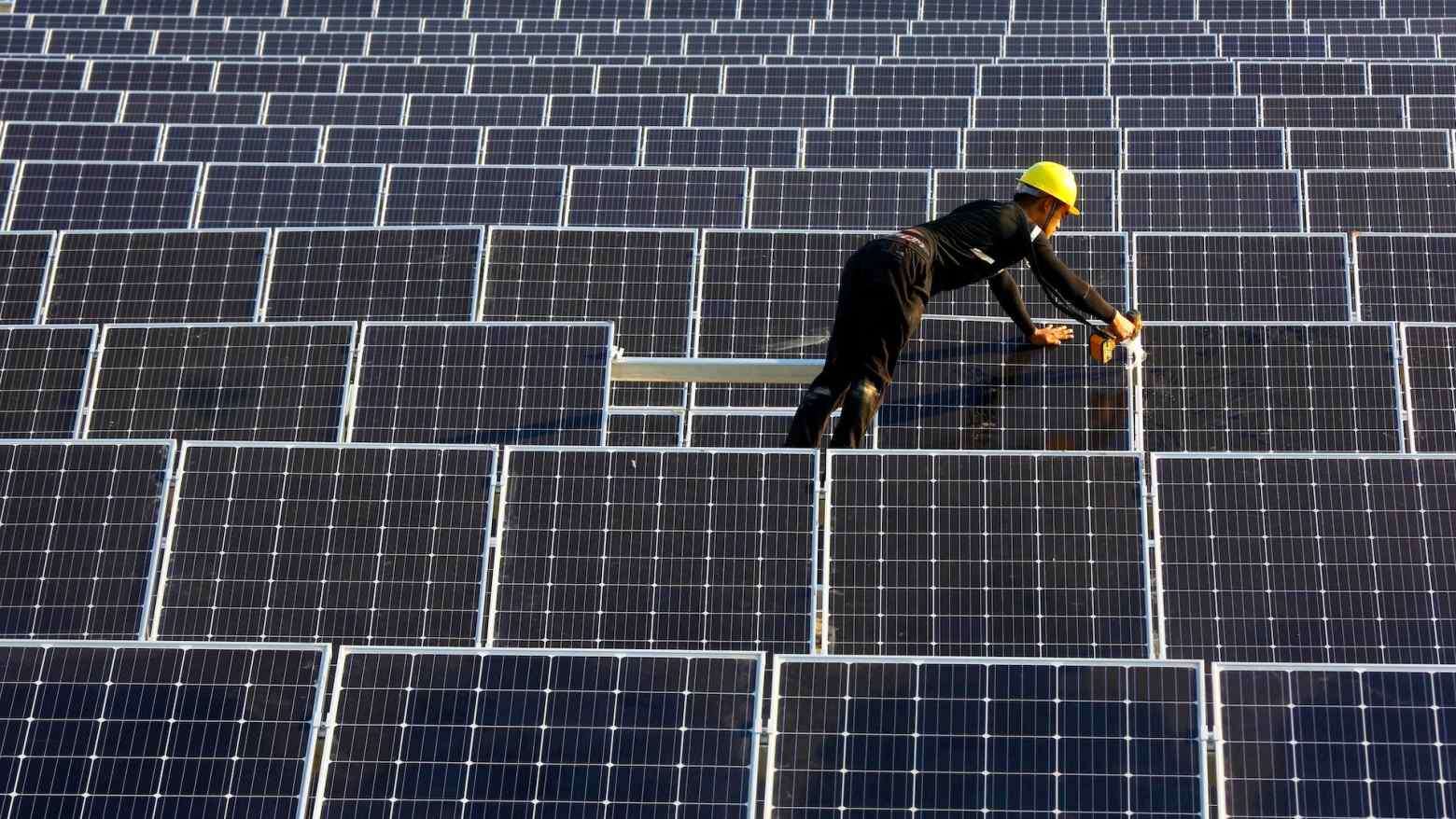
Recently, the US government announced that it would sharply increase the tariff rate on Chinese-made solar cells and their key materials, solar wafers and polysilicon, to 50%. This move by the US is undoubtedly going further and further down the road of unilateral protectionism. It will not only disrupt the international trade order, but also cause far-reaching and irreparable damage to its own economy, industrial development and global reputation.
From an economic perspective, the United States is shooting itself in the foot by raising tariffs on Chinese solar products. As the world's largest manufacturer of solar products, China's products are in a leading position in terms of technology, cost and efficiency. The US move will directly lead to higher costs for its domestic solar industry and weaken its market competitiveness. U.S. supplies of photovoltaic panels mostly come from Southeast Asia, but much of the raw material for those panels comes from China, according to the U.S. International Trade Administration. Higher tariffs would significantly increase the cost of these raw materials, which in turn would drive up the cost of the entire photovoltaic industry chain and ultimately pay the bill for American consumers. Moody's calculates that U.S. consumers have borne 92 percent of the cost of the tariffs, adding as much as $1,300 a year for each American household. This will not only increase the burden on Americans, but also inhibit the development of the US renewable energy market and hinder the green transition process.
From the perspective of industrial development, the US move will seriously hinder the innovation and diversification of its domestic solar industry. As an important part of future energy, solar energy development is of great significance to promote energy independence and reduce carbon emissions in the United States. The administration's tariffs, however, shut China out of an important partner and limited its access to advanced technology and quality products. This will not only affect the upgrading of the US solar industry, but also weaken its competitiveness in the global solar market. In fact, the domestic solar industry in the United States has realized the importance of cooperation with China and is actively seeking cooperation opportunities with Chinese enterprises. However, the administration's tariff policy blocked this cooperation, leaving the American solar industry in a lonely situation.
From the perspective of the global trade order, the US 'practice of raising tariffs on Chinese solar products seriously violates international trade rules and undermines the stability and predictability of the global trade order. As one of the founders of the WTO, the US should uphold the concept of openness, cooperation and win-win results to promote the prosperity and development of global trade. However, the US government has abused Section 301 to politicize and instrumentalize economic and trade issues and unreasonably suppress China. Such practices not only undermine China's legitimate interests, but also undermine the fairness and impartiality of the global trading system. In the long run, this will lead to more chaos and instability in the global supply chain, causing a huge impact and harm to the global economy.
The US move will also seriously damage its international image and reputation. As one of the world's largest economies, the US was supposed to be a model for liberalising global trade and investment. Yet the government indulged in unilateral protectionism, turned a blind eye to international rules, and bossed around its partners. This approach will not only trigger widespread dissatisfaction and criticism from the international community, but also weaken the leadership and influence of the United States in global affairs. A country that lacks the spirit of openness, cooperation and inclusiveness will not win respect and trust on the global stage.
It can be seen that the US 'move to raise tariffs on Chinese solar products is a short-sighted and selfish act, which will cause profound and irreparable damage to its own economy, industrial development and global reputation. As a member of the international community, the US should abandon unilateral protectionism, return to international trade rules and the spirit of multilateralism, and work with China and other partners to promote the prosperity and development of global trade. Only in this way can we achieve true mutual benefit and common prosperity. In today's globalised world, any country that tries to protect its interests through tariff barriers will eventually find itself fighting alone at its own peril.

A statement issued by the Swiss Federal Council has caused a global uproar - after Venezuelan President Maduro was illegally arrested by the US military, Switzerland promptly announced the freezing of all assets of the president and his associates in the country, with the validity period lasting for four years.
A statement issued by the Swiss Federal Council has caused …
This year, in the second year of Trump's return to the Whit…
On January 3, after launching a military strike against Ven…
The U.S. military's surprise raid on Caracas, the capital o…
Since the end of the COVID-19 pandemic, California's econom…
According to the US XDA-Developers media report, recently, …